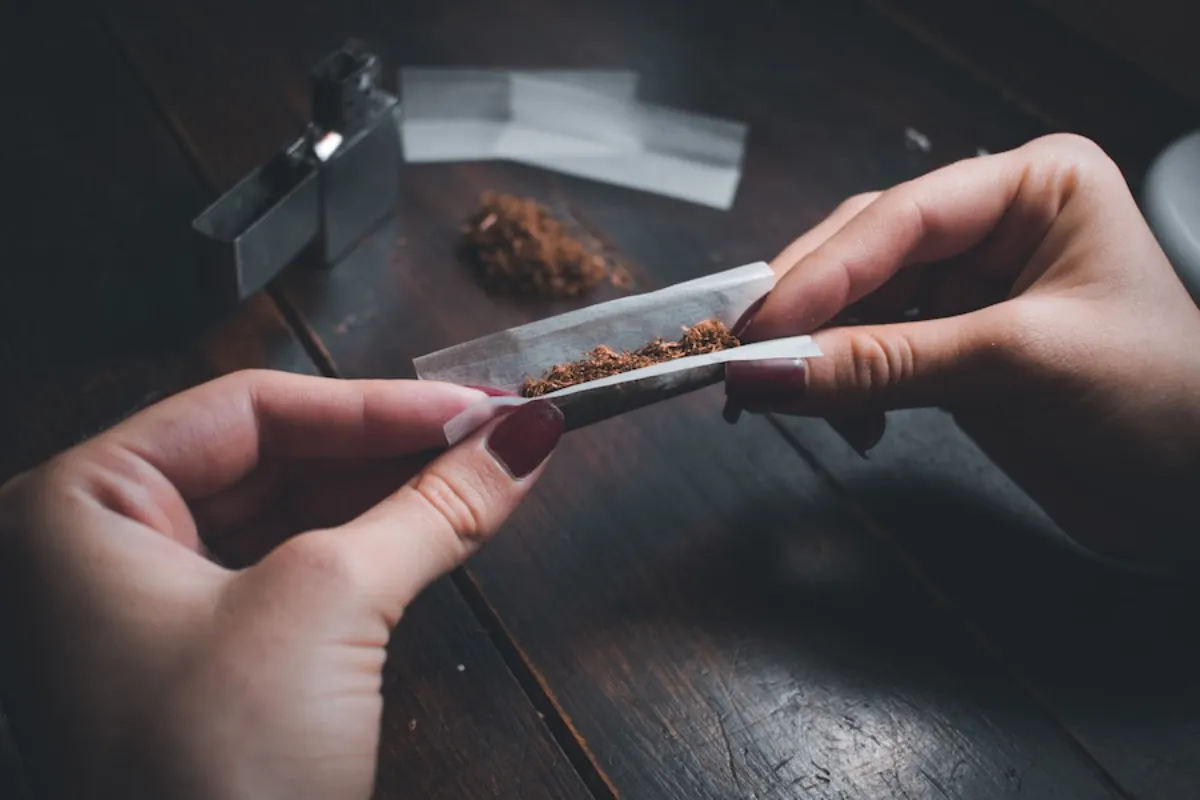Facing the challenge of heroin withdrawal can be daunting, but understanding the journey ahead can empower you to take the necessary steps toward recovery. Here are five essential insights into managing the withdrawal process, each designed to provide support and guidance through this tough time.
Understanding the Withdrawal Process
The journey away from heroin starts with withdrawal, a period that tests both body and mind. Imagine your body like a clock that’s been set to run on heroin. When the heroin stops, the clock gets confused, leading to a range of symptoms such as body aches, fever, mood swings, and cravings. These symptoms are your body’s way of readjusting to life without the drug. They can start a few hours after the last dose and may last for about a week. The severity of these symptoms can vary widely, but knowing this is a temporary and normal phase can help you brace yourself for the days ahead.
Legacy Healing states, “Most symptoms associated with heroin withdrawal aren’t considered to be life-threatening on their own. However, these symptoms can cause further complications that lead to life-threatening consequences.”
The Importance of a Support System
Embarking on the path to recovery without a supportive crew is like sailing a ship without a compass. Friends, family, and support groups aren’t just cheerleaders but your navigators through the stormy seas of withdrawal. They can provide a listening ear, a shoulder to lean on, or a much-needed distraction. Professional support, such as counseling or medical assistance, adds another layer of guidance, helping you understand your emotions and symptoms, offering coping strategies, and ensuring you’re not alone in this fight.
Medical Detox Can Help
Think of medical detox as a safety net for your withdrawal process. It’s a way to ensure that you have medical professionals by your side, ready to ease the discomfort of withdrawal symptoms through medication and care. This approach isn’t just about comfort; it’s about safety, reducing the risk of complications from going “cold turkey.” In a medical detox program, you’re in a controlled environment, away from the temptation of relapse, and under constant care. This can significantly increase your chances of successfully moving through withdrawal and onto the next steps of recovery.
Coping Strategies and Healthy Habits
Building a toolkit of coping strategies and healthy habits is like assembling your armor against withdrawal symptoms. Simple activities like walking, yoga, or even deep-breathing exercises can significantly impact your physical and mental well-being, easing symptoms such as anxiety and restlessness. Nutrition plays a role, too; eating balanced meals can help replenish your body and give you the energy you need to face the day. Engaging in hobbies or new interests can also serve as a distraction, helping you focus on positive experiences rather than the discomfort of withdrawal.
Long-term Recovery Planning
Overcoming the withdrawal symptoms from heroin is a significant milestone, but the journey doesn’t end there. Planning for long-term recovery involves creating a roadmap for your new life, including continued support, personal development, and strategies to prevent relapse. This might mean ongoing therapy, joining a recovery group, or making lifestyle changes that support your well-being. It’s about finding what works for you and pursuing it with determination.
By understanding these five essential facts about managing the withdrawal symptoms from heroin, you’re better equipped to face the challenges ahead. Remember, withdrawal is temporary, and with the right support and strategies, you can navigate this phase and move toward a healthier, drug-free life.














